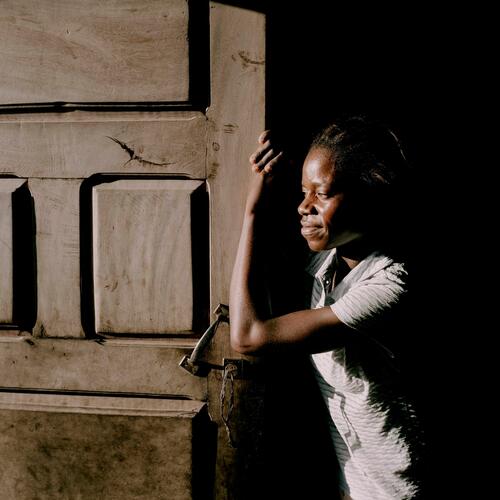During the 1990s, MSF teams made a bitter observation: we were failing to treat some of our patients suffering from infectious diseases, while in developed countries, remarkable progress was being made in the field of health. Two decades on, medicines in developing countries are still either too expensive, aren't suitable to be used in many of the contexts in which we work (for example, in hot, humid conditions or where there's a lack of electricity), or simply don't exist for the diseases we need to treat.
In 1999, we launched the Campaign for Access to Essential Medicines, now known as the Access Campaign. Its mission focuses on three areas: overcoming barriers to access to essential medicines, stimulating research and development for neglected diseases, promoting health exceptions to global trade agreements.
In 2003, MSF joined several research institutes, including the Institut Pasteur, to create the Drugs for Neglected Diseases initiative (DNDi), a non-profit research and development organisation engaged in research and development of new treatments for neglected diseases.

In southern Malawi, decentralizing care to HIV/AIDS patients compensates for a lack of medical staff

Are we beyond cholera and the crisis in Zimbabwe?

Medical need, not purchase power, should determine the global response to the Influenza A (H1N1) pandemic

Universal access to HIV treatment in Malawi is feasible and affordable but threatened by high prices of newer drugs

Optimise now or pay more later

HIV/AIDS treatment in developing countries: The battle for long-term survival has just begun

Disruptions in HIV drug supplies and funding endanger patient lives

Chagas disease not addressed by World Health Assembly - Neglected disease neglected once again








